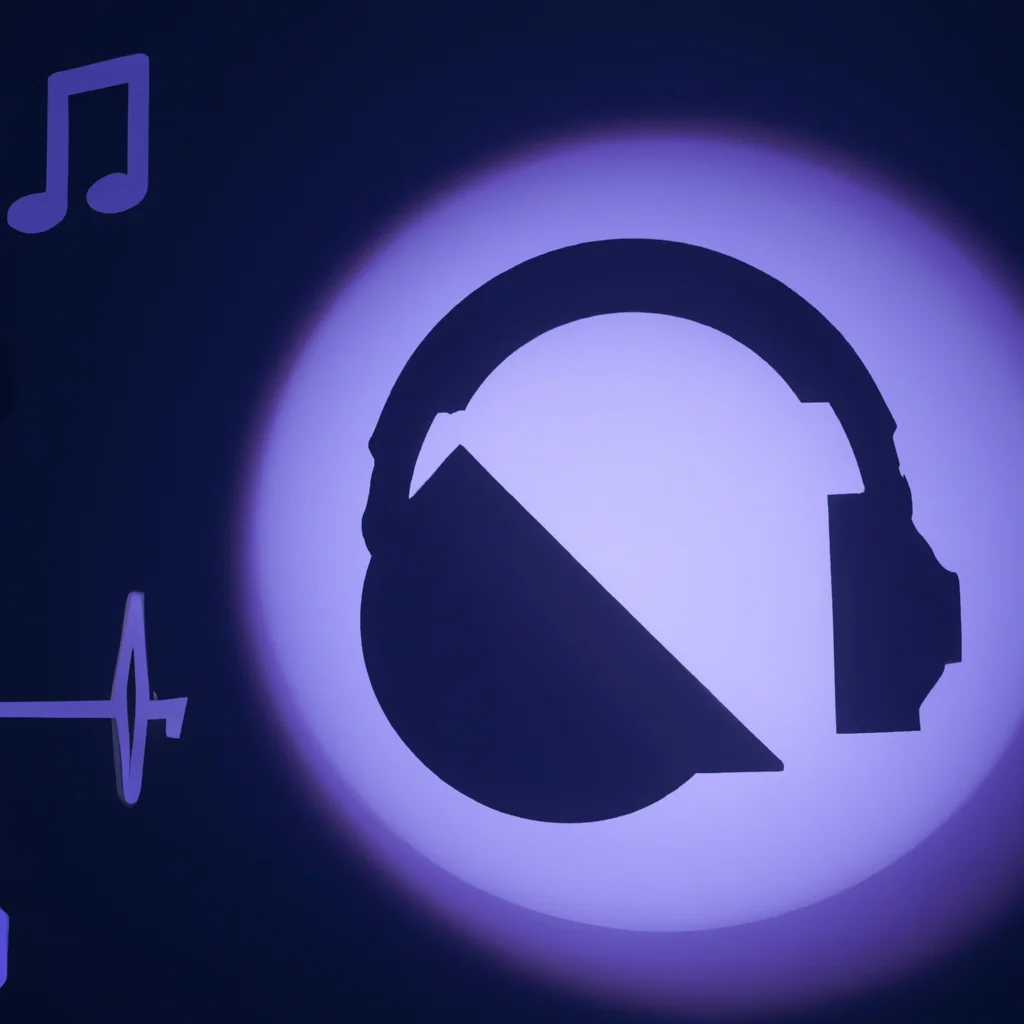What is the impact of music on mental health?


What is the impact of music on mental health?
Music has been an integral part of human culture for thousands of years. It has been used to express emotions, tell stories, and bring people together. In recent years, there has been growing interest in the impact of music on mental health. Music has been found to have a positive effect on mental health and well-being, and can be used as a tool for therapy and stress relief. This article will explore the benefits of music on mental health and provide insight into how it can be used as a tool to promote mental health awareness and well-being.
Music and Mental Health
Music has been found to have a positive impact on mental health. It can help to reduce stress and anxiety, improve mood, and promote relaxation. Music has also been found to have a positive effect on emotional regulation. Research has shown that listening to music can activate the brain’s reward system, releasing dopamine, a chemical associated with pleasure and reward. This can help to improve mood and reduce symptoms of depression.
Music Therapy
Music therapy is a form of therapy that uses music to promote healing and improve mental health. It involves the use of music to address physical, emotional, cognitive, and social needs. Music therapy can be used to treat a wide range of mental health conditions, including depression, anxiety, PTSD, and schizophrenia. It can also be used to improve communication skills, reduce stress, and promote relaxation.
Benefits of Music
There are many benefits of music on mental health. Here are some of the most significant ones:
– Reduces stress and anxiety: Listening to music can help to reduce stress and anxiety. It can also help to lower cortisol levels, a hormone associated with stress.
– Improves mood: Music can help to improve mood and reduce symptoms of depression. It can also help to boost self-esteem and confidence.
– Promotes relaxation: Music can promote relaxation and help to reduce symptoms of insomnia.
– Enhances cognitive function: Music has been found to enhance cognitive function, including memory, attention, and concentration.
– Improves social skills: Music can help to improve social skills and promote social interaction.
Music and Emotions
Music has a powerful effect on emotions. It has been found to activate the same areas of the brain as other pleasurable experiences, such as food and sex. Music can evoke a range of emotions, from happiness and excitement to sadness and nostalgia. Listening to music can also help to regulate emotions and promote emotional well-being.
Music and Stress Relief
One of the most significant benefits of music on mental health is its ability to reduce stress. Listening to music can help to lower cortisol levels, a hormone associated with stress. It can also promote relaxation and reduce symptoms of anxiety. Studies have found that listening to calming music before a stressful event can help to reduce stress and anxiety levels.
Music and Anxiety
Anxiety is a common mental health condition that can be debilitating for some people. Music has been found to have a positive effect on anxiety. Listening to calming music can help to reduce symptoms of anxiety and promote relaxation. Music therapy can also be used as a tool to treat anxiety, helping individuals to learn coping skills and reduce symptoms.
Music and Depression
Depression is a common mental health condition that affects millions of people worldwide. Music has been found to have a positive effect on depression. Listening to uplifting music can help to improve mood and reduce symptoms of depression. Music therapy can also be used as a tool to treat depression, helping individuals to learn coping skills and improve emotional regulation.
Music and Mindfulness
Mindfulness is a practice that involves being present in the moment and focusing on the present. Music can be used as a tool to promote mindfulness. Listening to calming music can help to promote relaxation and focus, helping individuals to be present in the moment. Music therapy can also be used to promote mindfulness, helping individuals to learn mindfulness techniques and improve emotional regulation.
Conclusion
Music has a significant impact on mental health and well-being. It can be used as a tool for therapy, stress relief, and emotional regulation. Listening to music can help to promote relaxation, reduce symptoms of anxiety and depression, and improve cognitive function. Music therapy can be used to treat a wide range of mental health conditions, helping individuals to learn coping skills and improve emotional regulation. As mental health awareness continues to grow, music will continue to play an essential role in promoting mental health and well-being.
Recent Posts
How do I create an engaging and informative online quiz or assessment?
Creating an engaging and informative online quiz or assessment can be a powerful tool for… Read More
What are the most effective methods for managing and reducing work-related stress in the hospitality industry?
Work-related stress is a common issue in the hospitality industry, where employees often face long… Read More
How can I improve my assertiveness and communication skills in a leadership position?
In a leadership position, assertiveness and effective communication skills are crucial for success. Being able… Read More
What are the key elements of a successful employee recognition and rewards program?
Employee recognition and rewards programs play a crucial role in motivating and engaging employees, as… Read More
How do I effectively manage and respond to customer feedback and reviews?
Customer feedback and online reviews play a crucial role in shaping a company's reputation and… Read More
What are the best strategies for effective time management as a stay-at-home parent?
Effective time management is crucial for stay-at-home parents who juggle multiple responsibilities on a daily… Read More